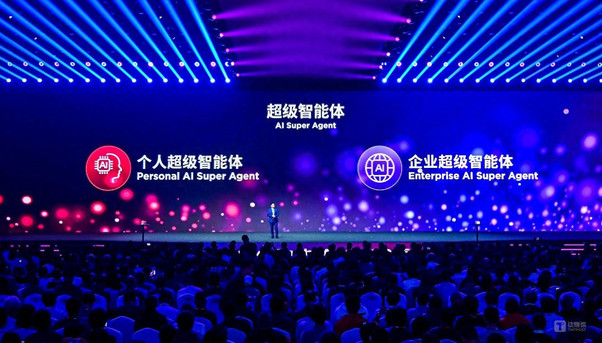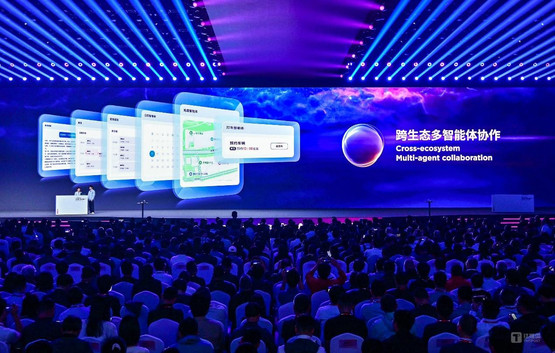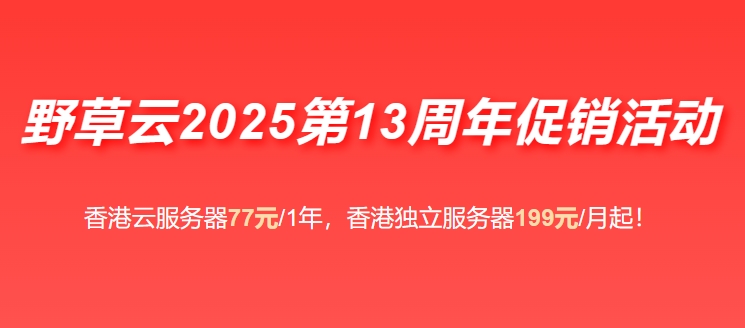
TMTPOST -- Lenovo Group is betting big on artificial intelligence, rolling out “super intelligent agents” for consumers, businesses and cities as Beijing accelerates its national AI agenda.
This week, China’s State Council unveiled its latest “AI+ Initiative,” setting aggressive adoption targets that envision next-generation smart devices and intelligent agents powering the country’s economy by 2030. For Lenovo, the country’s top PC maker now recasting itself as an AI-first company, the policy shift offers momentum to push deeper into personal, enterprise and urban intelligence.
Chairman and CEO Yang Yuanqing said Lenovo’s super intelligent agents—digital entities designed with human-like cognitive abilities—aim to flip the traditional human-machine relationship, making machines adapt to people rather than the other way around.
In line with Beijing’s push for “intelligent connectivity of everything,” Lenovo is rolling out its flagship Tianxi Personal Super Intelligent Agent. The platform, launched in May 2025, integrates across Lenovo’s AI PCs, smartphones, tablets and IoT devices, creating what the company calls a “cloud-edge AI experience” with open interoperability.
Following the debut of Lenovo Personal Cloud in June, Tianxi now offers hybrid endpoint-cloud computing power, larger model inference capabilities, and secure, dedicated memory space for consumers.
The results have been striking. Lenovo’s AI PC sales have surged past 1 million units in the past fiscal year, and momentum has accelerated in the latest quarter. According to company figures, AI-enabled PCs already make up more than one-third of Lenovo’s laptop sales, suggesting strong demand from consumers seeking more powerful, personalized devices.
On the corporate side, Lenovo is pushing Lexiang, its enterprise-grade super intelligent agent. The platform acts as a next-generation digital portal, connecting customers, business partners, investors and employees.
Lexiang orchestrates a suite of AI agents across R&D, supply chain, marketing, sales, and operations, autonomously performing tasks and interacting with users. Lenovo says the platform has already delivered tangible efficiency gains: its marketing AI agent cut content production costs by 25%, while its sales AI agent slashed configuration times for new products from 12 minutes to just two minutes.
Liu Jun, Lenovo’s executive vice president and China region president, said the company expects 30% of level-four business processes to be managed by intelligent agents this year alone. “The future of enterprise intelligence is for every company to have its own silicon-based task force,” Liu said.

Smart City 4.0: Lenovo’s urban AI ambitions
Lenovo is also extending its AI strategy to the urban level, where it is developing what it calls Smart City 4.0. Its Urban Super-Intelligent System uses a “1+N” architecture, with a core urban hub supported by domain-specific agents for areas such as transportation, healthcare, energy, and tourism.
Partnerships are already underway in cities including Wuyishan in Fujian, Yichang in Hubei, Hongkou in Shanghai, and Hohhot in Inner Mongolia. Lenovo says the deployments are helping local governments improve services and efficiency, while accelerating the co-creation of human and AI intelligence in governance.
Behind the scenes, Lenovo is investing heavily in AI infrastructure. Its Wanquan Heterogeneous Intelligent Computing Platform and Poseidon Liquid Cooling technology are designed to provide the high-performance computing power required for AI training and deployment.
Industry analysts say Lenovo’s timing could be critical. With Beijing pushing AI adoption across industries, companies like Lenovo that can deliver both consumer-facing devices and enterprise infrastructure stand to benefit disproportionately.
“2025 will mark the first year of super intelligent agents,” Liu said, signaling Lenovo’s ambition to make AI agents as commonplace as smartphones and PCs.
As China positions AI as a core driver of economic growth, Lenovo is betting its hybrid AI strategy — spanning personal, enterprise, and citywide intelligence — will cement its role not just as a PC giant, but as one of the country’s leading AI champions.







